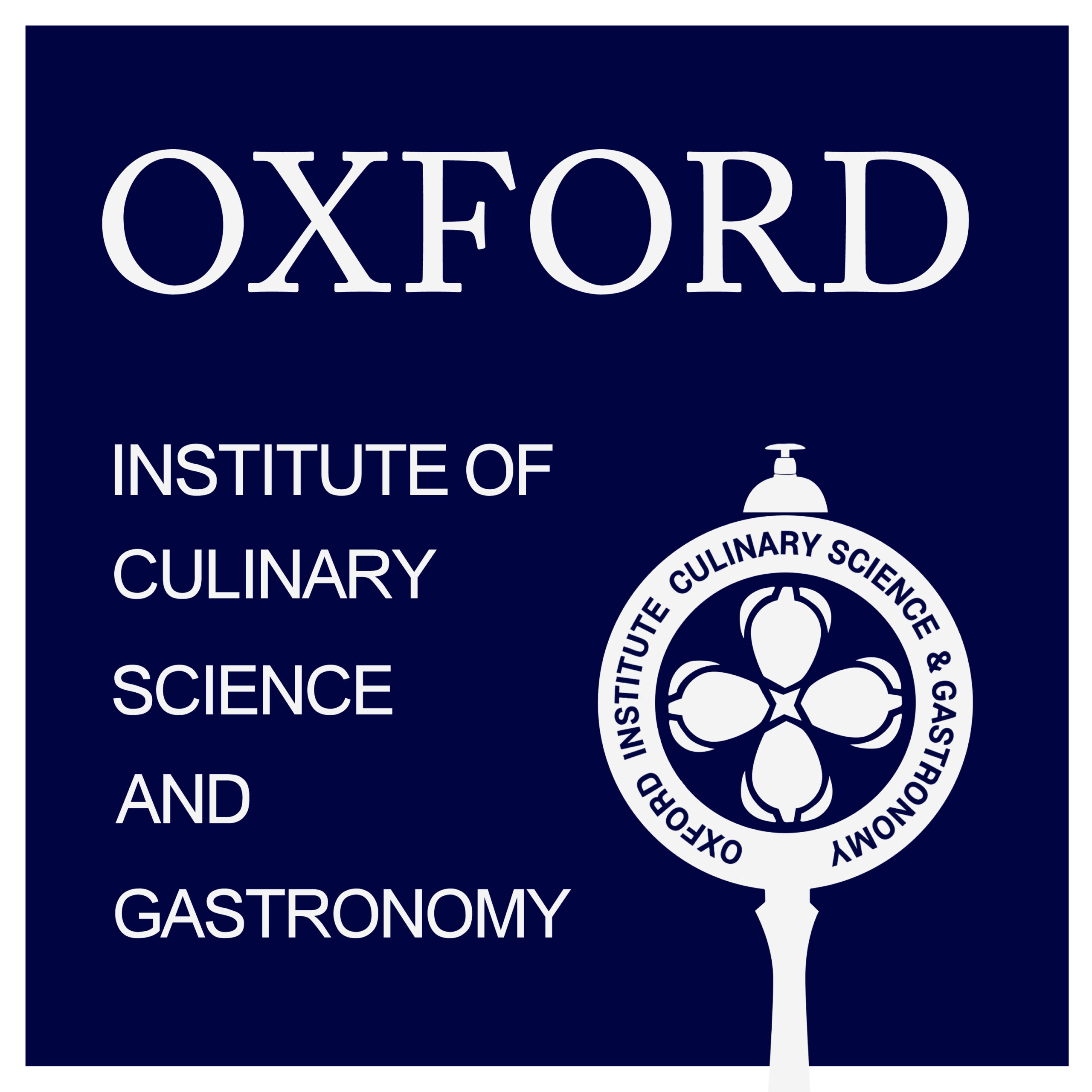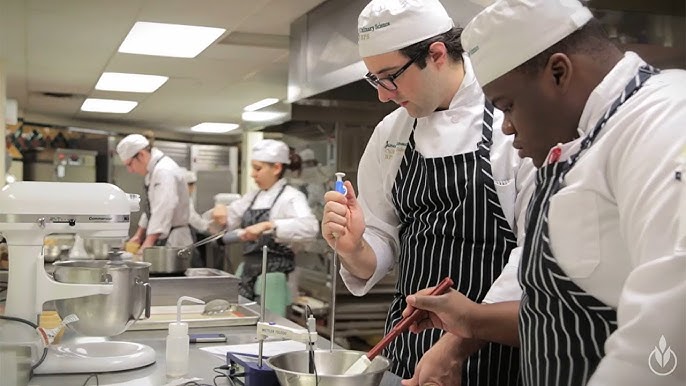Associate Degree in Gastronomic Communication
Oxford Institute of Culinary Science & Gastronomy – Year Two Curriculum
Overview:
The second year focuses on developing communication skills in gastronomy, including advanced studies in food media, critique and review, sensory marketing, and international food communication. The program features practical activities such as content production workshops, group projects, and specialized internships in food media or restaurant communications departments. This year serves as a bridge between foundational knowledge and professional skills in gastronomy and culinary innovation.
| Section | Description |
|---|---|
| Program Title | Associate Degree in Gastronomic Communication |
| Duration | 2 Terms (12 months: 6 months theory + 6 months practicum) |
| Format | Hybrid (Online, On-Campus, Workshops, Field Visits, Internship) |
| Level | Year 2 / Specialized – Gastronomic Communication |
| Certification | Associate Degree from Oxford Institute |
| Prerequisite | Successful completion of Year 1 (Diploma in Gastronomy) |
| Outcome | Eligible for Year 3: Bachelor in Gastronomic Innovation |
Term 1 — Weekly Curriculum (12 Weeks)
| Week | Module Title | Topics Covered |
|---|---|---|
| 1 | Advanced Food Communication | New food media, blogging, podcasting, video production |
| 2 | Culinary Criticism & Review | Food critique, evaluation methods, ethics in criticism, media etiquette |
| 3 | Sensory Marketing & Branding | Brand design based on sensory experience, light, scent, sound |
| 4 | Food Photography & Styling | Food photography and styling techniques, lighting |
| 5 | Multicultural Gastronomy Communication | Cultural communication, food translation, global audience analysis |
| 6 | Digital Tools in Gastronomy | Digital software and tools, social media management |
| 7 | Food Storytelling & Narrative | Food storytelling, narrative techniques, creative writing |
| 8 | Gastronomic Event Management | Management of food events, program design and execution |
| 9 | Food Ethics & Communication | Ethical and social implications in food communication |
| 10 | Research Methods in Gastronomic Media | Qualitative and quantitative research methods in food media |
| 11 | Project Proposal Development | Designing practical project proposals |
| 12 | Term Review & Assessment | Final review, written exam, and oral presentation |
Term 1 Learning Outcomes
Develop professional communication skills in the field of food and gastronomy
Ability to critically evaluate food content using scientific and ethical criteria
Skills in producing high-quality visual, written, and audio content
Familiarity with event management and intercultural communication
Term 2 — Internship & Project (12–14 Weeks)
Internship Placement
| Section | Description |
|---|---|
| Duration | Minimum 120 hours |
| Settings | Food media outlets, advertising agencies, restaurant marketing departments, food innovation companies |
| Requirements | Weekly reports, mentor feedback, reflection journal, attendance record |
Research & Project Report
| Section | Description |
|---|---|
| Topic | Selected from food communication or sensory marketing topics |
| Methodology | Field research, quantitative or qualitative data analysis, content production project |
| Data Collection | Through internship and independent research |
| Final Report | 2500–3000 words including visual materials and charts |
| Oral Presentation | 15-minute live or recorded presentation with demo or portfolio samples |
| Final Portfolio | Complete project report + internship log + samples of produced content |
Term 2 Learning Outcomes
Apply professional communication and marketing skills in real-world environments
Conduct research and analyze gastronomy-related data
Produce creative and effective content for both specialized and general audiences
Develop critical and reflective perspectives on professional projects
Final Certification (Year 2)
Associate Degree in Gastronomic Communication
Official Transcript with Module Grades
Internship Completion Letter (Mentor Signed)
WRID™ Certification Code (optional)



